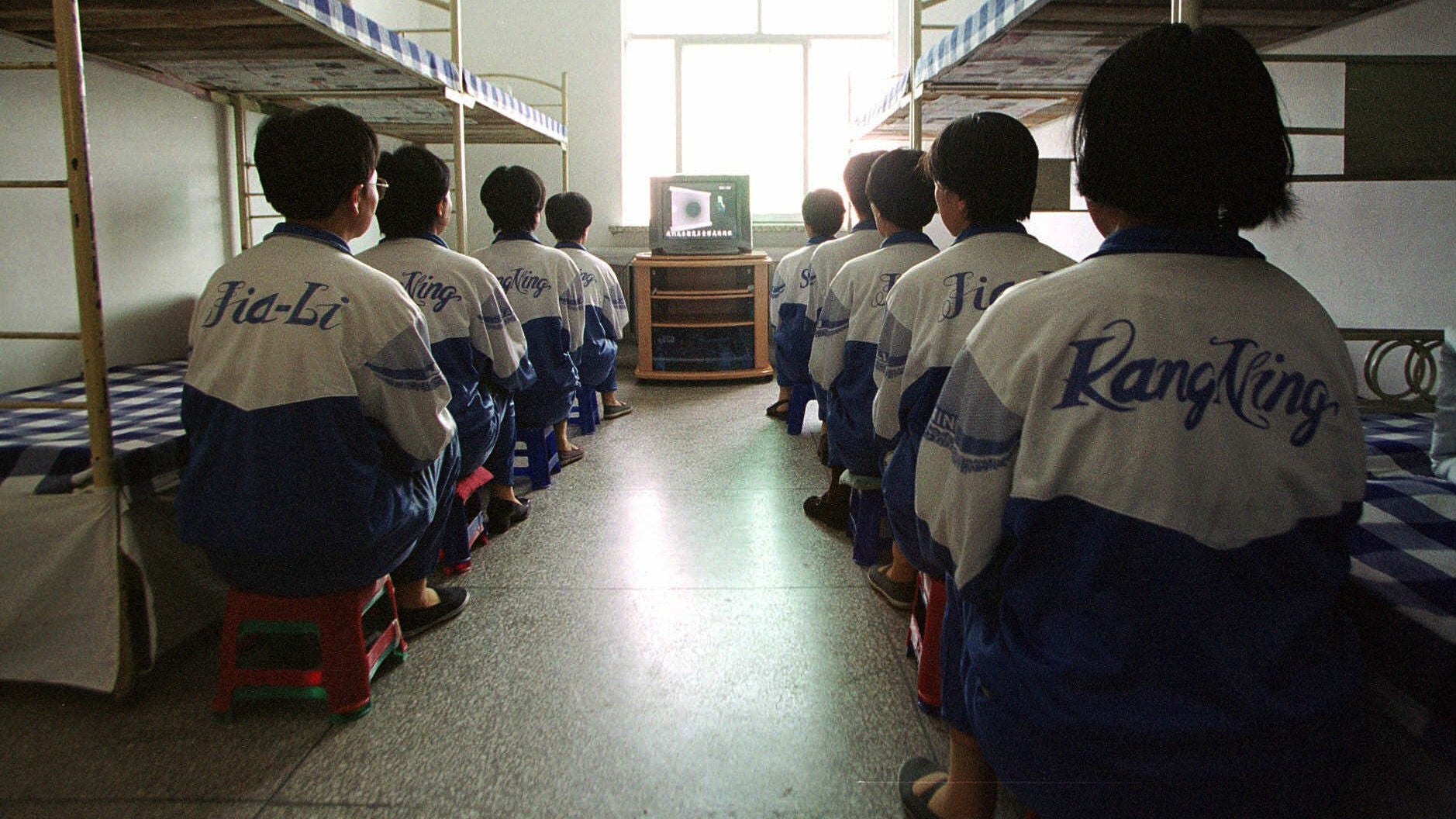The labor camps that China says it is abolishing might just continue under a different name
Among a raft of reforms China announced today was the abolition of its “education-through-labor” camps, known as laojiao. The measure, alongside others like reducing the use of the death penalty, responds to growing outrage in China at the often arbitrary and harsh criminal-justice system.


Among a raft of reforms China announced today was the abolition of its “education-through-labor” camps, known as laojiao. The measure, alongside others like reducing the use of the death penalty, responds to growing outrage in China at the often arbitrary and harsh criminal-justice system.
Officials first began promising reforms to the labor camp system last October, after some 30 million bloggers protested the imprisonment of a woman whose 11-year-old daughter had been raped and forced into prostitution; the mother was locked up for raising a stink about policemen who had shielded her daughter’s attackers. Accounts of life in the labor camps include being fed excrement, getting beaten, receiving electric shocks, and countless other dehumanizing measures.
Laojiao is one of the most enduring signs of China’s revolutionary origins. It began in the 1950s in emulation of the Soviet gulags as a way to bring wayward party leaders and regular citizens to heel. (The father of Xi Jinping, China’s current president, was fired as vice premier and held in a labor camp for seven years during the Cultural Revolution.) Today, the camps are used ostensibly as a way to “correct” the behavior of petty criminals through work while also avoiding clogging up the court system; but they are often used to imprison dissidents, Falun Gong petitioners, and citizens airing their grievances against local governments. According to government statistics, there were about 160,000 people held in the camps as of the end of 2008; others have said the figure ranges between 500,000 and 2 million (pdf, p. 18).
The question now is what exactly abolishing laojiao will entail. According to Human Rights Watch (HRW), the government has considered replacing it with another system, which also allows long-term detention without trial but with some new rights like access to counsel. “It is therefore unclear, after the government ‘stops using’ the system, whether it will be reformed, abolished, or replaced by another administrative detention system with a different name,” HRW said in a statement in January.
There’s a sign that’s what will happen. In today’s announcement the government calls for “expanding the country’s correctional community” to replace the laojiao camps. For years, local authorities have been able to forcibly commit criminals as well as protesting citizens to mental asylums—the government passed a law in May that does little to stop the practice. Local governments use secret detention centers known as “black jails” to prevent petitioners from formally lodging complaints against them with Beijing. ”The difficulty is that they could be pushed into dark corners which are invisible,” Fu Hualing a law professor at the University of Hong Kong told the South China Morning Post (paywall) earlier this month. ”I’m concerned that if there was a political need [to maintain stability] before [this reform], there must be the same need now and that hasn’t changed.”
Others say little can be done to reform the penal system without political reform. Academics note how Taiwan only abolished its use of a similar system decades once it established a constitutional court and various branches of government, decades after martial law ended. “As long as there is no independent judiciary, [China] will still be a police state,” said (paywall) human rights lawyer Teng Biao.